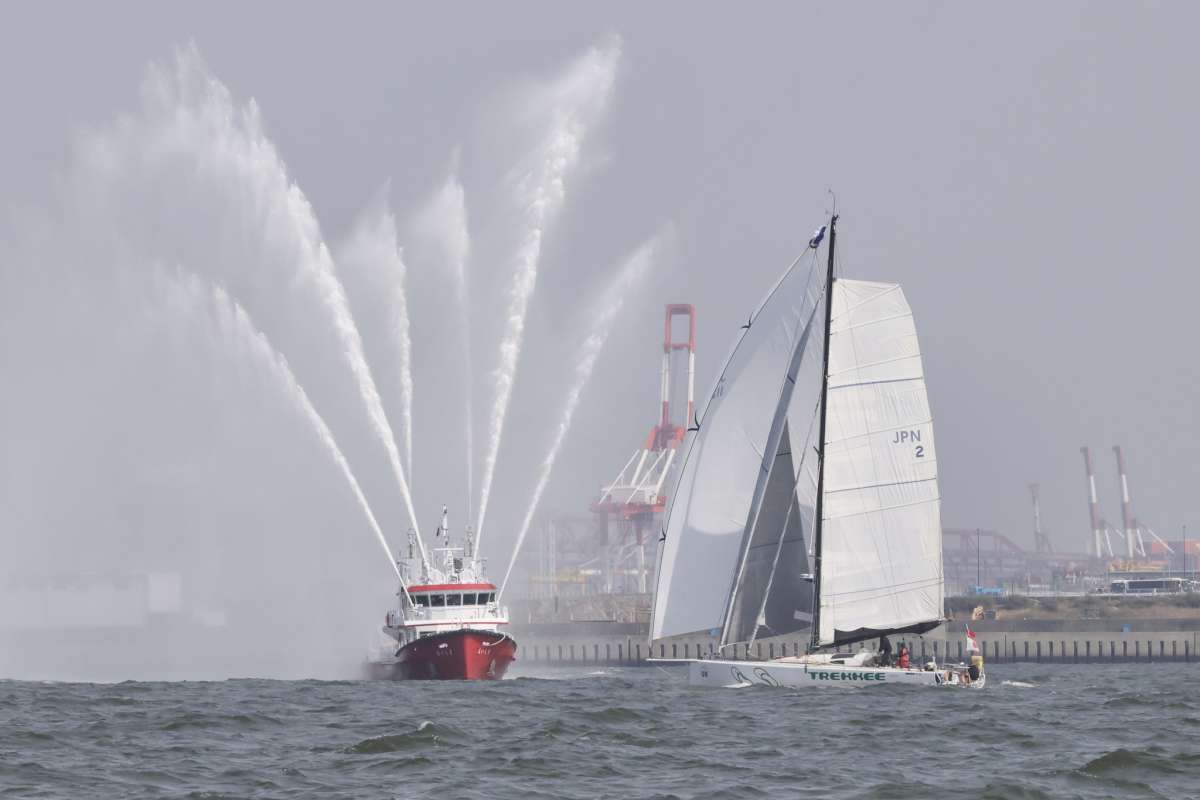With less than 80 days before the start of the 2011-12 Volvo Ocean Race, a dramatic course change was initiated due to concerns of piracy in the Indian Ocean.
That year, the Cape Town to Abu Dhabi leg involved all the boats sailing to a secret safe haven destination, where they were loaded onto an armed ship without their crew, which then took them through the safest possible route and unloaded them along the Sharjah coastline.
For the subsequent leg to Sanya, in China, the boats sailed a short distance out of Abu Dhabi before being loaded onto a ship again and taken to another safe destination, from where they finished the leg.
For the 2014-15 edition, however, a reduction in the threat of piracy off the eastern coast of Africa means that the second and third legs of this year’s Volvo Ocean Race may not face a similar disruption.
Improved security in the region means pirates hijacked the fewest number of merchant ships in 2013 in nearly a decade. Two vessels were hijacked in 2013 compared to 14 in 2012, according to a report from the International Maritime Bureau. In turn that has encouraged race organisers to believe that the threat will not impinge heavily on the second and third legs this year.
“Currently our advice is that we will sail the whole way,” said race CEO Knut Frostad. “As we speak today, we will sail all the way from Cape Town to Abu Dhabi and from Abu Dhabi to Sanya without any interfering in the actual sailing.
“That said, if we do sail all the way, which is the current plan, we will not give them complete freedom into where they race. They will have an enforced limitation, pushing them quite far to the east.”
Frostad acknowledged that they would continue to keep a vigilant eye on what is always a fluid situation.
“We monitor piracy all the time, both through military and private intelligence and we do that every week,” he said. “Every week we have an assessment internally about the situation. When it comes to what we will do, it depends completely on the advice we are getting. This picture changes.”
Among the changes is a shift of pirate activity to the Atlantic Ocean.
“The frequency of piracy in the Indian Ocean has in fact moved to the west coast of Africa rather than the east coast. We actually have piracy assessments now that gives us higher risks around the north-east coast of South America rather than where we are sailing in the Indian Ocean.”
During the first leg from Alicante (Spain) to Cape Town, the fleet must round Fernando de Noronha, 220 offshore from the Brazilian coast.

























